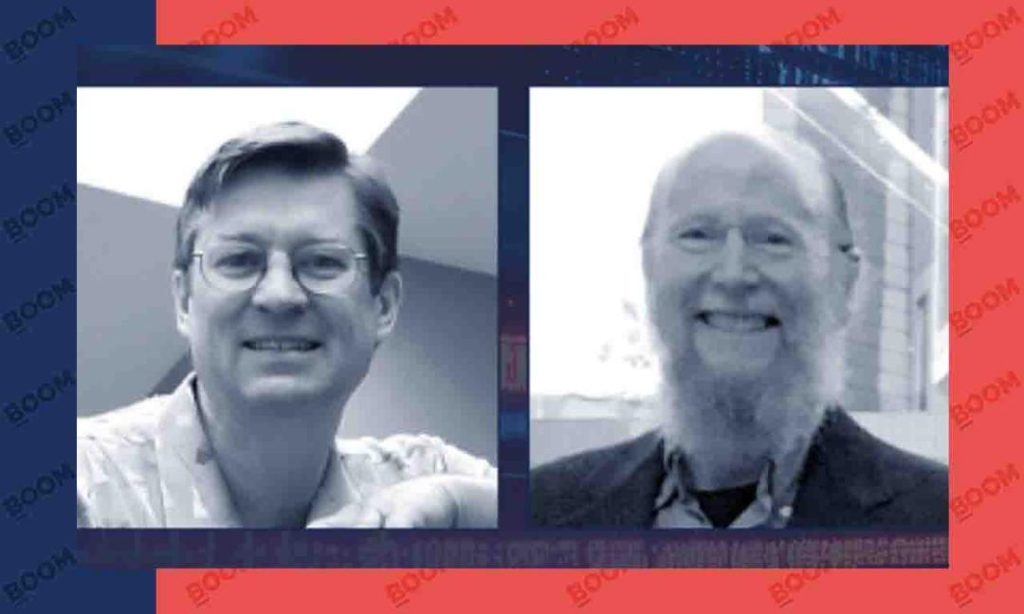
Barto & Sutton win 2024 Turing Award for AI breakthroughs
The 2024 Turing Award, often referred to as the “Nobel Prize of computing,” has been bestowed upon Andrew Barto and Richard Sutton for their groundbreaking work in reinforcement learning, a key technique in the development of artificial intelligence (AI). This prestigious award recognizes their decades-long contributions to the field of machine learning and AI, which have had a profound impact on the way machines learn and interact with their environment.
Reinforcement learning, a type of machine learning, enables machines to learn from rewards or penalties, rather than being explicitly programmed. This technique has far-reaching applications in fields such as robotics, finance, and healthcare, where machines need to make decisions based on uncertain outcomes.
Barto and Sutton’s work on temporal difference learning, a specific type of reinforcement learning, has been instrumental in shaping the modern AI landscape. Temporal difference learning allows machines to learn from delayed rewards, making it a crucial component in many AI systems.
The Turing Award, established in 1966, is considered the highest honor in the field of computer science. It is presented annually by the Association for Computing Machinery (ACM) to recognize outstanding contributions to the field. This year’s award is a testament to Barto and Sutton’s tireless efforts to advance the field of AI and machine learning.
Barto, a professor of computer science at the University of Massachusetts Amherst, and Sutton, a professor of computer science at the University of Alberta, have a long history of collaborating on AI research. Their work on reinforcement learning dates back to the 1980s, when they began exploring the possibilities of temporal difference learning.
In an interview with Boom Live, Barto attributed their success to their ability to work together and push the boundaries of what was thought possible. “Richard and I have had a long and fruitful collaboration,” he said. “We’ve been able to challenge each other and come up with new ideas, which has been essential to our success.”
Sutton echoed Barto’s sentiments, saying that their collaboration has been key to their achievements. “Andrew and I have been able to work together for many years, and our collaboration has been incredibly productive,” he said. “We’ve been able to tackle some of the toughest problems in AI and machine learning, and we’ve made some significant breakthroughs as a result.”
The impact of Barto and Sutton’s work on AI cannot be overstated. Their research has paved the way for the development of sophisticated AI systems that can learn and adapt to their environment. These systems have the potential to revolutionize industries such as healthcare, finance, and transportation, among others.
In addition to their contributions to AI research, Barto and Sutton have also been recognized for their mentorship and guidance of young researchers. They have both been involved in various educational initiatives, aimed at inspiring the next generation of AI researchers and developers.
The 2024 Turing Award is a testament to the power of collaboration and innovation in the field of AI. It serves as a reminder that even the most complex problems can be solved through the collective efforts of talented individuals and teams.
As the AI landscape continues to evolve, it is clear that Barto and Sutton’s work will have a lasting impact on the development of AI systems. Their contributions to the field will continue to inspire and guide researchers and developers for years to come.
Source:






